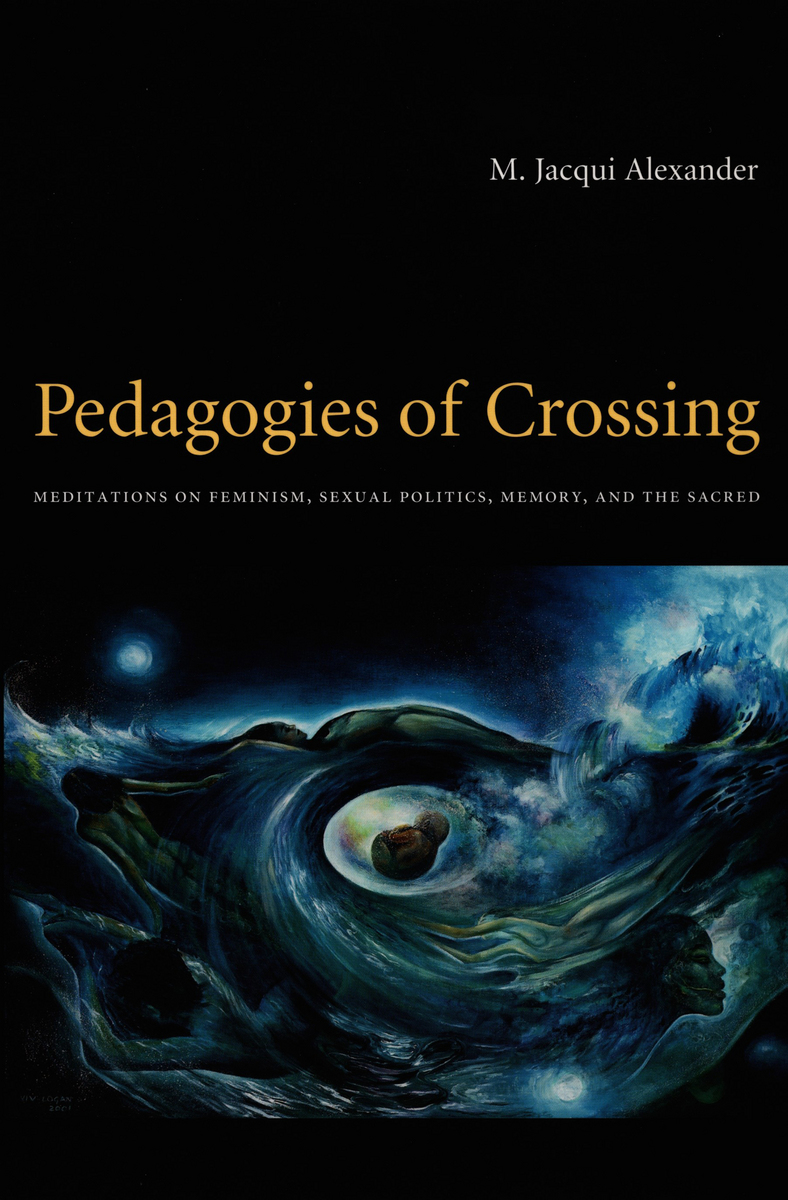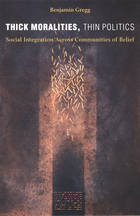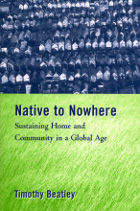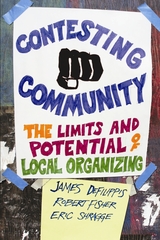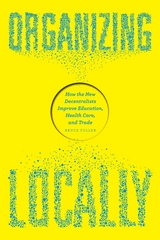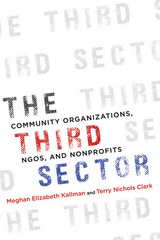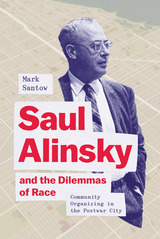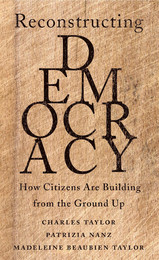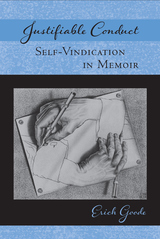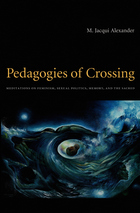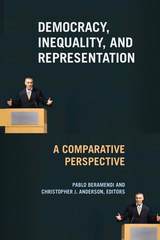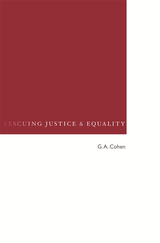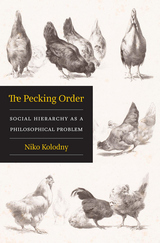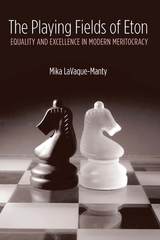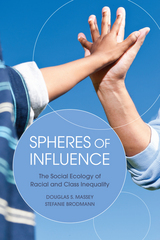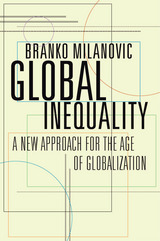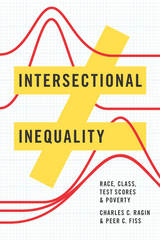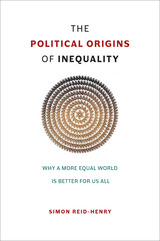Cloth: 978-0-8223-3607-5 | eISBN: 978-0-8223-8698-8 | Paper: 978-0-8223-3645-7
Library of Congress Classification HM821.A49 2005
Dewey Decimal Classification 323.1
In these meditations, Alexander deftly unites large, often contradictory, historical processes across time and space. She focuses on the criminalization of queer communities in both the United States and the Caribbean in ways that prompt us to rethink how modernity invents its own traditions; she juxtaposes the political organizing and consciousness of women workers in global factories in Mexico, the Caribbean, and Canada with the pressing need for those in the academic factory to teach for social justice; she reflects on the limits and failures of liberal pluralism; and she presents original and compelling arguments that show how and why transgenerational memory is an indispensable spiritual practice within differently constituted women-of-color communities as it operates as a powerful antidote to oppression. In this multifaceted, visionary book, Alexander maps the terrain of alternative histories and offers new forms of knowledge with which to mold alternative futures.
See other books on: Cross-cultural studies | Equality | Postcolonialism | Social justice | Transnationalism
See other titles from Duke University Press
